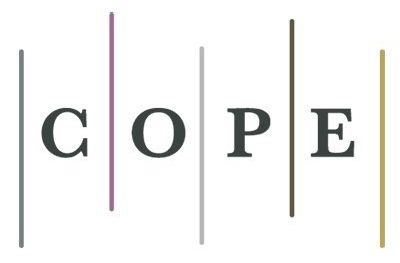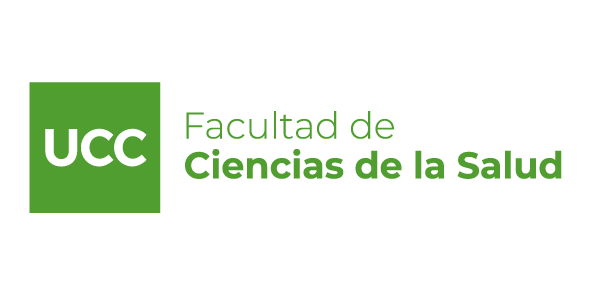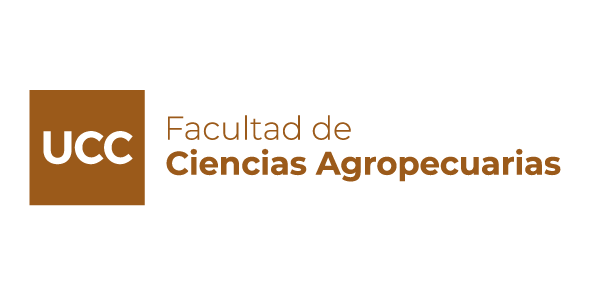Genetic advice and molecular pathways detection in patients with hereditary cancer
Keywords:
molecular pathways, BRCA 1 y 2, microsatellite instability, BRAF, hereditary cancer of breast/ovary and colon, genetic advice.Abstract
INTRODUCTION: Breast cancer is the leading cause of death of women in Argentina, with a estimated incidence of more than 19,000 new cases per year. Among these, the most common type of inherited cancer is the breast /ovarian caused by mutations in the BRCA1 and BRCA 2 genes. At the same time, the cancer colorrectal is the second cause of death in Argentina, with an estimated incidence of more than 11,000 new cases per year. OBJECTIVE: of the present investigation is to evaluate the usefulness of the realization of the genetic studies in people with hereditary cancer in the context of genetic counseling, with a advice before and after the genetic test. POPULATIONS AND METHODS: We studied 34 women diagnosed with breast / ovarian cancer and 31 patients of both sexes with diagnosis of colorectal cancer (CRC). In women, the BRCA 1 and 2 genes by next generation sequencing (NSG) and large rearrangements of BRCA 1 and 2 genes by probe amplification dependent on multiplex ligation(MLPA). The instability of microsatellites (IMS) was determined in people of both sexes, the analysis of mismatchrepair (MMR) by MLPA and the mutation of the BRAF gene. RESULTS: There results showed that patients with breast / ovarian cancer with a history family members have a high percentage of negative BRCA. As for the changes phenotypic, the most predominant in this study, was the triple negative subtype and the patient with positive BRCA 2 presented this phenotype. With respect to the study of colon cancer detected four patients with IMS-high and mutation of the V600E of the BRAF gene. When the MLPA analysis was performed on the MSH6, MLH1, MSH2 genes and PMS2, in order to established difference between CRC and Lynch syndrome, the results were negative and therefore these patients were diagnosed as sporadic CRC. CONCLUSIONS: As this work demonstrates, for him genetic counseling, the study of pathways molecules in patients with hereditary cancer is a helpful instrument for risk assessment.




















